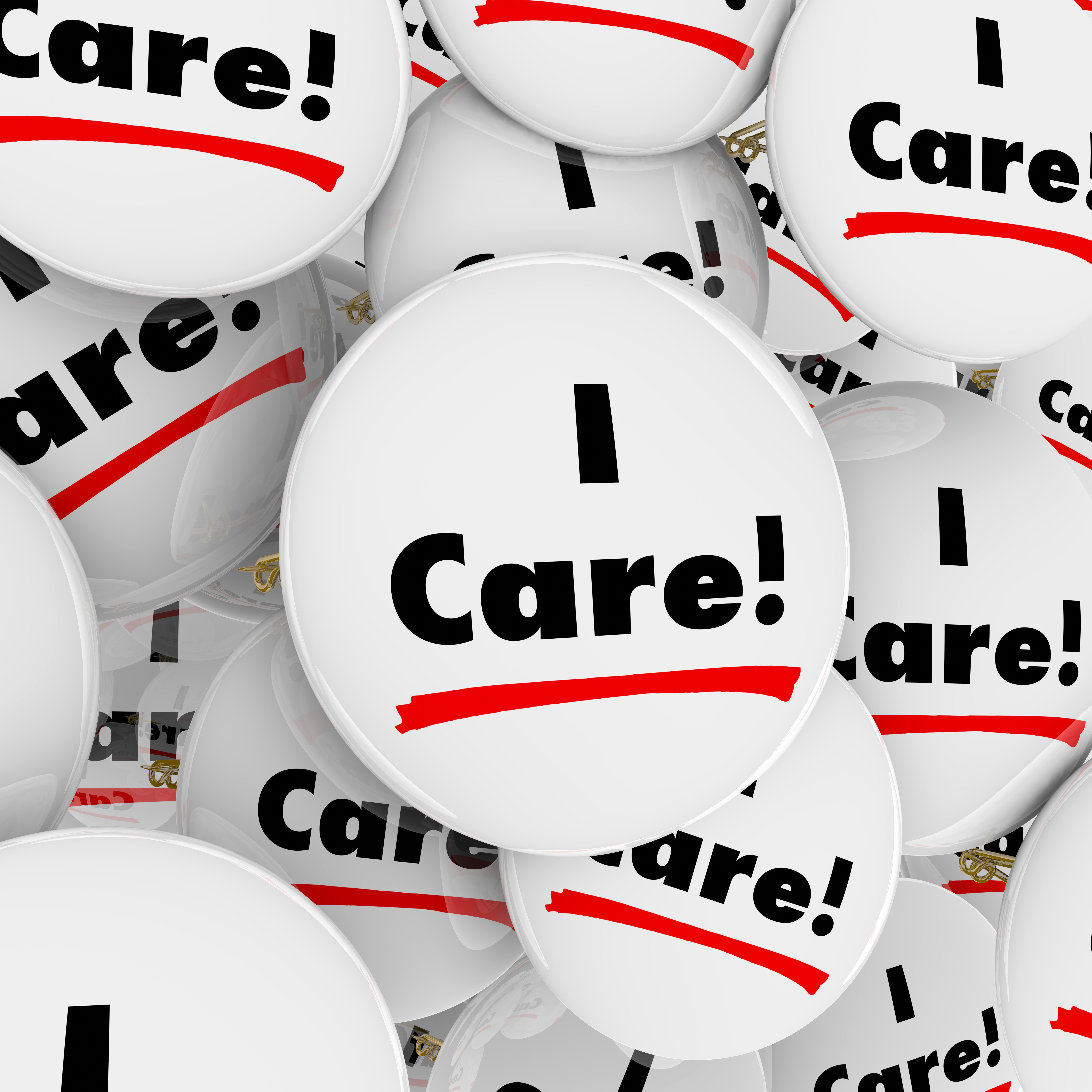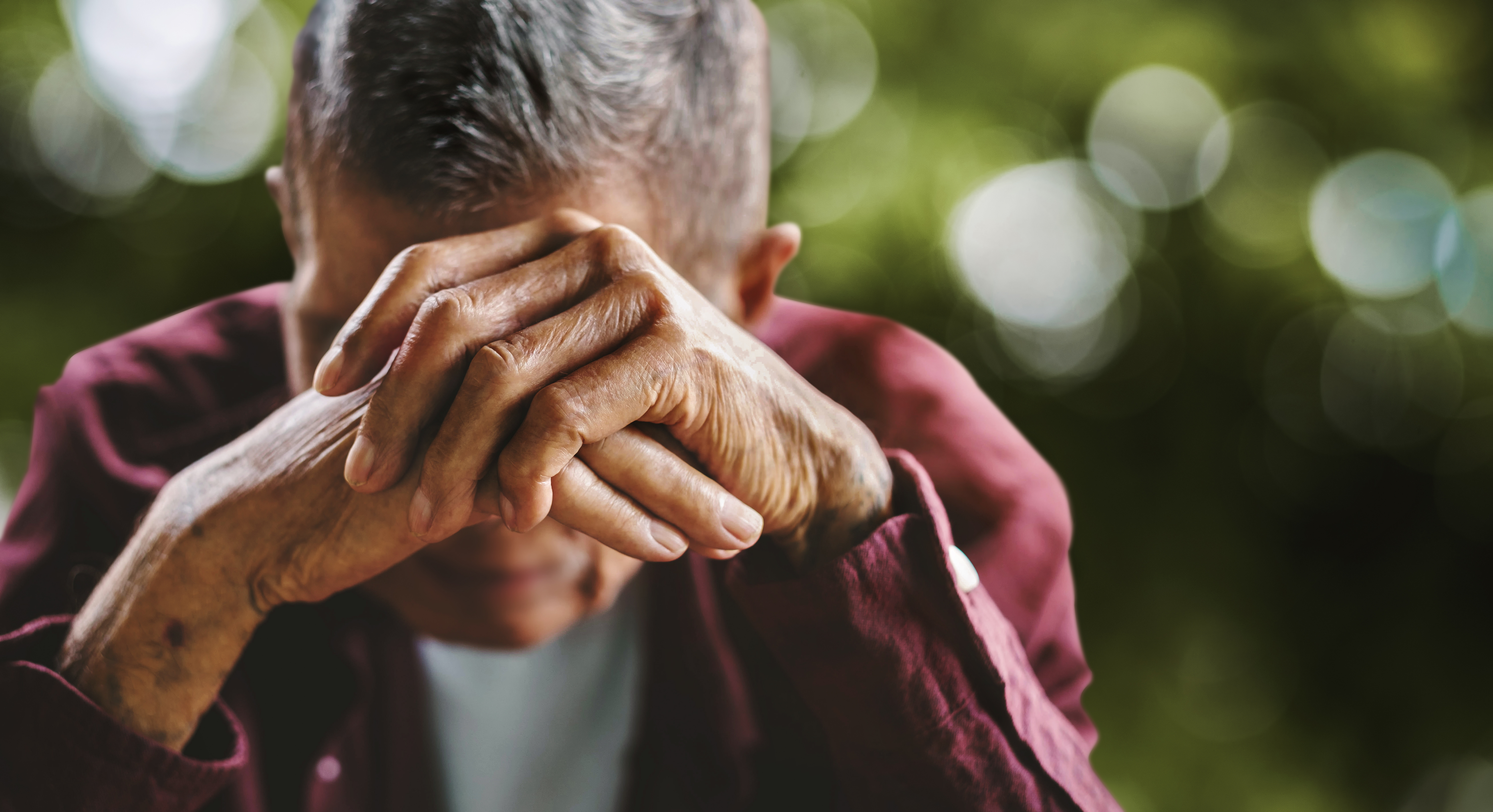Lonely is not Being Alone. It's the Feeling that no one Cares.

Sometimes we all need to be reminded of how our little part in helping a world in need can change our thinking.
I finally blocked out 3 hours of my day this week to do my training in delivering meals for our local Meals-on-Wheels here in Tarrant County, Texas. Their mission: to promote the dignity and independence of older adults, persons with disabilities, and other homebound persons by delivering nutritious meals and providing or coordinating needed services.
I've collaborated in various capacities with other Meals-on-Wheels organizations providing caregiver education and support services with my professional work, so knowing the incredible service they provide to the community is not new to me. However, delivering meals and connecting one-on-one with persons receiving a meal is a unique experience for me.
Not surprisingly, delivering a meal is just part of what volunteers bring when they knock on that door. A warm smile, checking in to see if everything is going well, and a listening ear are equally important as providing a warm meal.
The elderly living alone will dramatically increase in the years ahead as the baby boomers age.
Currently in the US, about 28% (14.7 million) of community-dwelling older adults live alone, which is 21% of older men and 34% of older women. The percentage of people living alone increases with age. Among women over 75, 44% live alone.
Loneliness and social isolation in older adults are serious public health risks affecting a significant number of people in the United States and putting them at risk for dementia and other serious medical conditions.
According to the National Academies of Sciences, Engineering, and Medicine (NASEM) more than one-third of adults aged 45 and older feel lonely, and nearly one-fourth of adults aged 65 and older are considered to be socially isolated. Older adults are at increased risk for loneliness and social isolation because they are more likely to face factors such as living alone, the loss of family or friends, chronic illness, and hearing loss.
Loneliness among older adults is indeed a public health crisis. Without the dedicated work of professionals and volunteers who serve and give, organizations such as Meals-on-Wheels could not fulfill their mission.
As needs increase drastically, it will take so many more people to roll up their sleeves and put boots on the ground. After just one day of delivering meals, I realized that whatever time I had to give must be prioritized, despite my busy schedule. It was just 3 hours to open up my eyes once again that I could make a significant difference that mattered to someone else.
Is being alone so frightening to older adults, or is feeling that no one cares? I think it's a question that begs all of us in this space of serving older adults to stop and dig a little deeper.
What can we do to ensure that older adults feel truly cared for?
Whether living alone or in a community, feeling uncared for spurs feelings of worthlessness, lacking a sense of purpose and will to thrive. One's quality of life is dramatically reduced from the inner core, despite many other activities that may or may not address health and well-being.
I'm grateful I took the step to serve and hope you will too.
Quality training and education for staff, volunteers and those who serve the aging population is urgently needed. Training that improves helps people deepen relationships and promotes a culture of care, compassion and empathy is the fundamental core of helping older adults feel cared for.



.jpeg)